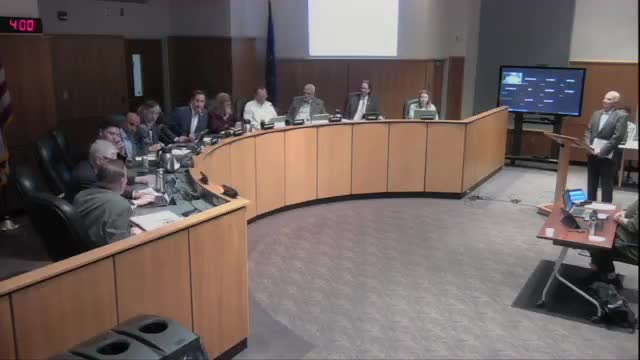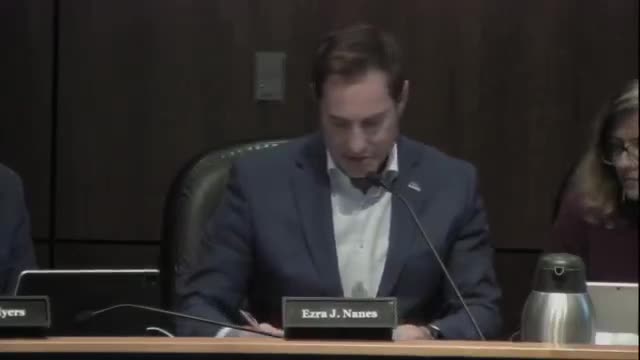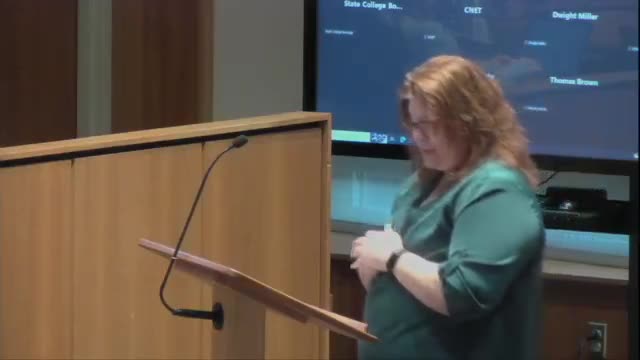Article not found
This article is no longer available. But don't worry—we've gathered other articles that discuss the same topic.

State College council begins detailed review of draft zoning ordinance, sets fall schedule for public deliberations

Votes at a glance: Consent agenda approved; Community Oversight Board ordinance amendments tabled

